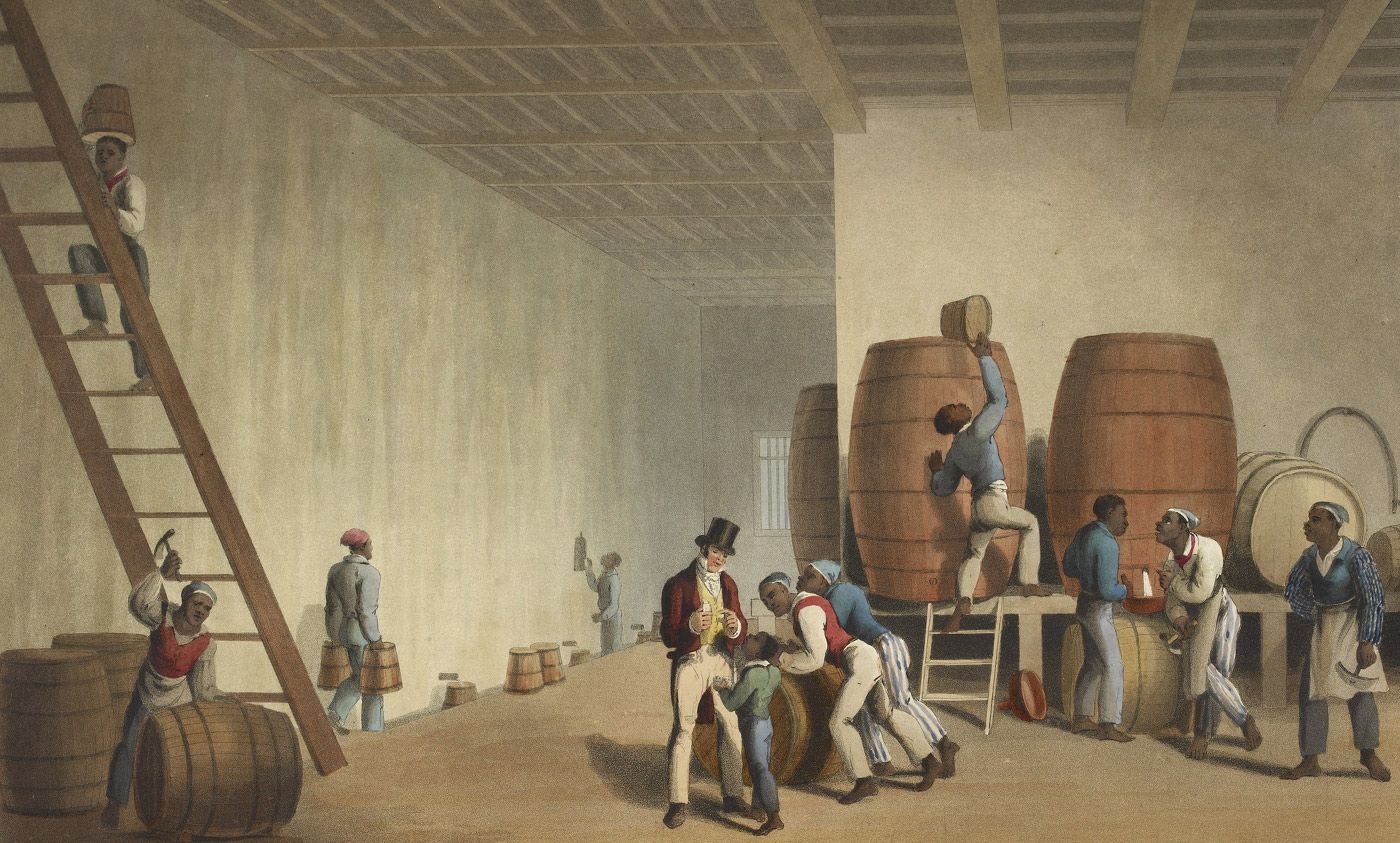Article

The whip was not the only device of control slaveholders used: they were masters of manipulation too
"As elsewhere in the Americas, the right of masters in Jamaica to punish slaves was enshrined in law, and the violence that sustained slavery went far beyond whipping. Punishments could include amputation, disfiguring, branding and more. Slaves could also be put to death – a penalty most often enforced during the aftermath of rebellions. And they were rarely killed quickly. The torturous executions meted out to those who led uprisings or who were accused of collaborating in rebellious plots provide some of the most lurid examples of human cruelty on record.
But physical abuse alone could not keep the lucrative plantations of the British Caribbean productive. It is impossible to get...
Show More0 likes
Comments
MORE RESOURCES FROM SOURCE
More from FoundryBase Aeon












No comments yet. Be the first to comment!